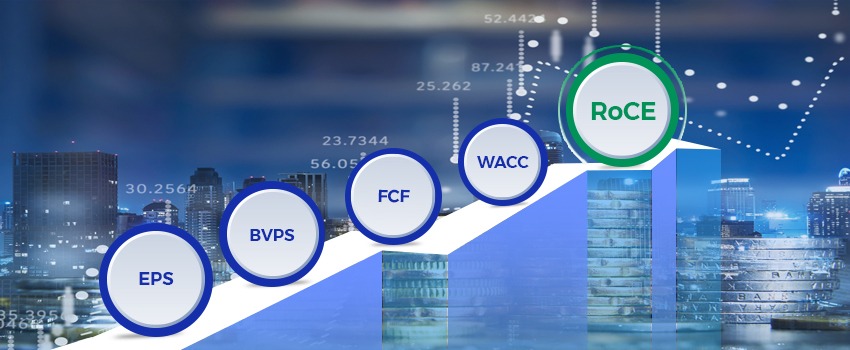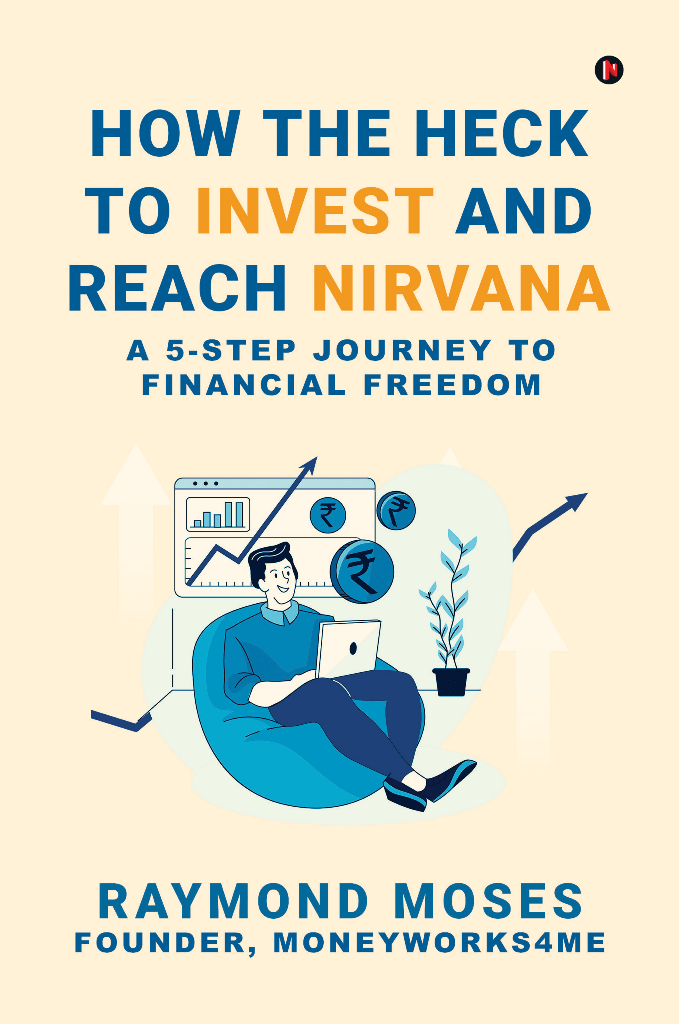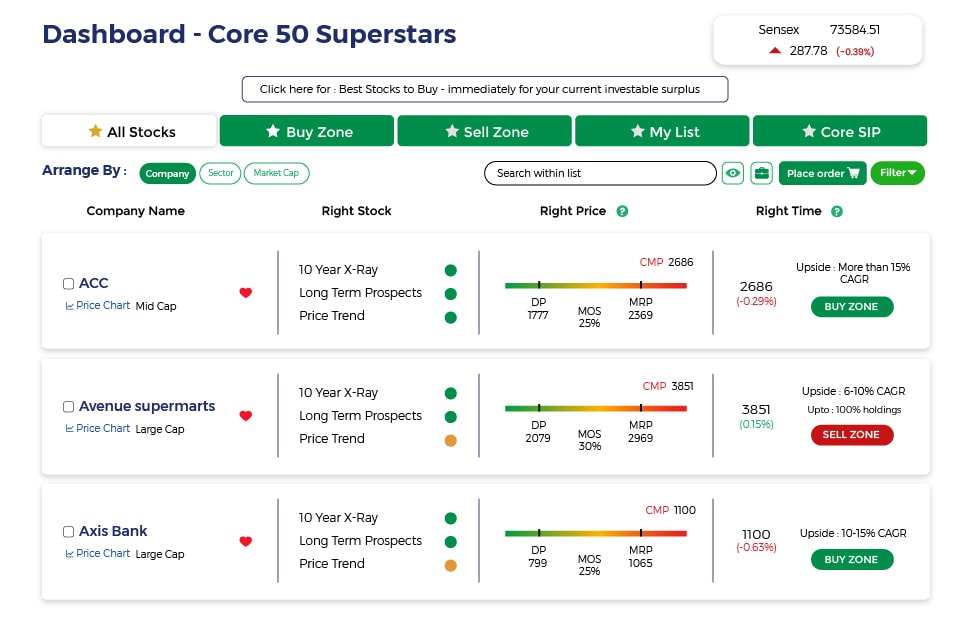The first and foremost question one should ask when deciding to invest into a company is whether the company is a good quality one, worthy of our money. If it is not then it is something you should buy at any price. So how do we answer this?
Every company is essentially money using and money generating entity. A company must generate returns more than its cost of capital to justify its existence. Return on capital employed (RoCE) is the single most important ratio which tells you how efficiently the company is utilizing its funds, both shareholder as well as what it has used from the lenders to the business.
To assess the cost of capital we look at the firm’s Weighted Average Cost of Capital, (known as WACC and pronounced as wack), the combined cost of its equity and debt in their proportion. RoCE in excess of WACC means that the company is adding value and this excess return is called as economic value added.
Is Economic Value Added the only metric one need to know about?
As investors we would like companies to reinvest profits in growing the business for the future and any excess beyond that should come back to us in the form of dividends or buybacks. But, a company may reinvest all their profits, or maybe even more into capital projects, and not generate the returns in line with its existing line of business. However, this will become visible after the investments have been done.
To resolve this we look at the operating cash flow, since it is the actual cash generated after adjustments for working capital and depreciation and deduct the capital investments from this, to arrive at what is called the Free Cash Flow, FCF. We would prefer companies with high FCF.
To summarize, a company that can maintain a healthy RoCE and generating a healthy cash flow even when making required capital investments is a consistent value creating company, worthy of our money. A company having healthy RoCE but poor free cash flow must be investigated further.
How to know whether the value-creating company will continue to grow the profits in the future?
A strong track record of growth in sales and profits over the last 10 years is a good indicator that the company could grow in the future, especially if this period includes a few years of tough market situation. While the past is not a guarantee for the future, a strong track record over years does indicate a strong management, capable of delivering good performance through good times and bad.
Additionally, when the company grows it needs to invest in higher working capital and capacity expansion. Book value per share (BVPS) tells you how much the company is investing in itself and hence ready for the future.
So an efficient company with growth in EPS, sales and BVPS is a strong indicator of company’s ability to create value consistently. But if the sales and BVPS have grown faster than EPS, one would not be very pleased as an investor. Slower sales growth should make you even more cautious.
What could be the pitfall to watch out for?
When there is an economic up cycle, the future looks rosy and many companies tend to take advantage of the situation and go on a debt-fuelled expansion spree. Now, as you know, debt is double edged sword, which helps in boosting these metrics, thus making the business look extremely attractive. But when the economy goes through a downturns, the same debt deals a double whammy to the company, as the profits are subdued, but additionally, the company has an additional burden on making its payments, thus destroying shareholder wealth.
How do we make sure that the company handles debt properly?
When we borrow money, we must be able to pay the money back without difficulty. Same applies for a company. To understand how long a company will be able to pay its debts back, one must look at the Debt-to-Operating Cash Flow, which will tell you the number of years the company will take to pay its debt from the cash generated from its operating activity. A number less than 3 is acceptable, but public utilities companies which have projects with a long gestation period are an exception to this rule. These companies may be backed by government guarantees and thus the high debt may not be a problem.
Finally, since we are relying on reported numbers, we need to avoid stocks where we have reasons to not trust the management, board or promoters. Instead look for companies with strong integrity and honesty at the decision-making levels. While this is not easy, the least we should do is avoid the ones where there is a past record of misgovernance, disregard of minority shareholders interest and dishonesty.
It is difficult for retail investors to search and analyze companies in details to identify the best value-creating companies on their own. And more so to figure out at what price they should consider investing in each one of them to build a wealth-creating portfolio.
You can find and analyze top value-creating companies by subscribing to the MoneyWorks4Me Core50 Superstars plan. Join today to grow your wealth.
Already have an account? Log in
Want complete access
to this story?
Register Now For Free!
Also get more expert insights, QVPT ratings of 3500+ stocks, Stocks
Screener and much more on Registering.







 Download APP
Download APP





















Comment Your Thoughts: